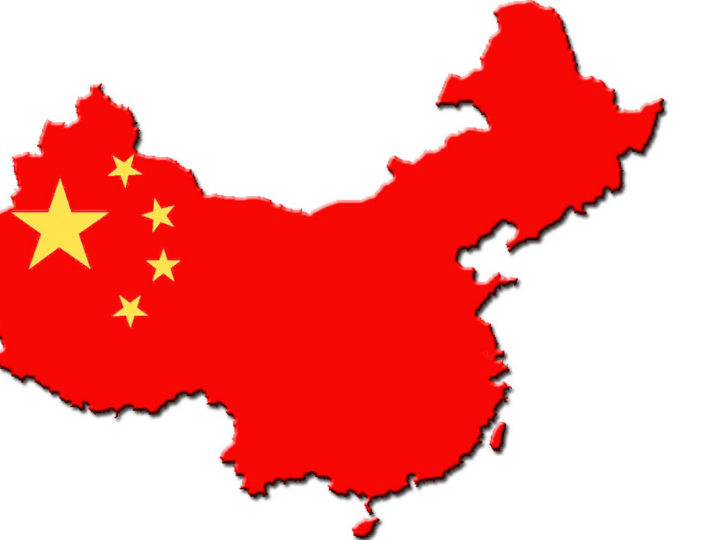by Radu Magdin
Wealth never survives three generations, unless you’re in China. The Chinese Economic Miracle over the past 70 years has in effect been the world’s largest continuous endogenous wealth creation event in history, surpassing the Industrial revolution in the West in terms of scale or many of East Asia’ tiger economies in terms of speed. That in turn has created vast fortunes from as close to thin air as it is possible. Moreover, it has done so successively, with each generation spawning its own titans of industry and commerce. No sooner had one dynasty even came to the fore that another rose.
Each generation’s wealth vaguely corresponds with one of China’s recent ‘revolutions’, to use the framework outlined by Elizabeth Economic over at the Council on foreign Relations. The first generation rose during Mao Zedong’s unification of mainland China and creation of a modern nation state from the remnants of the Qing empire. The families who rose to prominence were often Party officials or connected to Party officials, later the fathers of the red princelings. The great fortunes were in fact modest, reflecting a country that had been brought to its knees in The Hundred Years of Humiliation, culminating with Japan’s invasion. In other words, priceless Ming vases next to iron bowls of rice. It is this context in which the fathers of many of the current Party leadership as well as prominent families came of age.
The second generation rose with the second revolution came from Deng Xiaoping’s reforms. He quite specifically termed his reforms a revolution and it proved nothing short of one: 700 million people lifted out of poverty. Deng Xiaoping took over a country which in 1978 was 80% rural, had an average GDP per capita of just over USD 40 and which was crushingly deficient in both education as well as technology. What followed was one of the great miracles of history, made nothing less by being built with the ‘blood and sweat’ of millions. Since then, incomes rose 21 times and today China alone is the home of 23% of STEM degrees awarded globally, according to the U.S. National Science Board. The families which rose to prominence in this context are quite globally familiar today. First the wave of industrialisation and commerce gave rise to dynasties of commerce such as Ren of Huawei. The rise in incomes – and home-ownership – have produced the tremendous real estate giants such as Jianlin of Dalian. Finally, as China wholeheartedly embraced the Third Industrial revolution, families such as Ma of Alibaba rose to prominence.
This is also the context of the Third Revolution, which started with Xi Jinping. Having grown at an average of 9.5% since 1978, China’s days as a low margin manufacturer are over and far from playing technological catch-up, China often finds itself the pioneer both in research as well as adoption. It is China which is showing the way forward with fintech, while American checks continue to bounce. It is China showing the way forward with electric cars and bullet trains while American and European transport infrastructures continue to make headlines for breakdowns. In Xi’s China, household wealth still grew 4.4% during the SARS-CoV-2 pandemic and 2020 was the year extreme poverty, set at USD 1.9 per day, was eliminated. Obviously, China has many problems, starting with the protection of human rights, but ignoring its achievement is not the way to go.
There is every indication that China’s Third Generation will be very particular as well. Quite simply, each generation has reflected the China of its day: China the unshackled giant, China the world’s workshop. Now, China’s upper crust is supposed to reflect China The World Power: a regional trade behemoth, a technological superpower rushing into the Fourth Industrial Revolution and, not least, a sovereign nation state transforming into a civilisational state in whose gravitational pull most of Asia finds itself either culturally or economically. In turn that means the days where ‘it doesn’t matter if a cat is black or while provided it catches mice’ are over. Pro-active national loyalty is expected, as Ma found. Ostentations shows of wealth frowned upon, as Annabel Ren recently found out.
Quite simply, Xi Jinping’s China is one which is capable of fighting wars, offers technological ecosystems to the world and assumes its natural role at the centre of a new era. The Third Generation of China’s elite families will be shaped by this and will see their fortunes rise or fall in accordance to how well they are adapted to this very different environment.




 By: N. Peter Kramer
By: N. Peter Kramer
